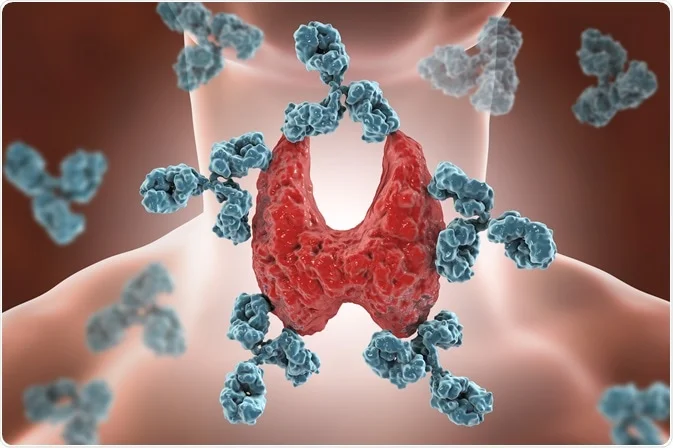When the immune system mistakenly assaults healthy tissue, it is said to be suffering from an autoimmune illness. Autoimmune disorders can manifest in a wide variety of ways and manifest at varying degrees of severity. Fatigue, joint pain, skin rashes, and gastrointestinal issues are all symptoms commonly associated with autoimmune diseases. Damage to internal organs is a possible complication of autoimmune disorders.
Autoimmune disorders come in a wide variety, making accurate diagnosis challenging because symptoms frequently match those of other ailments. Medication to suppress the immune system is a common component of treatment for autoimmune illnesses. Milder cases of autoimmune diseases may respond to lifestyle modifications like increased physical activity and decreased stress levels.
How is diagnosis done and what are the options for treatment once a diagnosis is made?
Most people think of a doctor looking at symptoms and then ordering tests or performing a physical. Diagnosis goes beyond that. A doctor takes a complete medical history to look for risk factors, previous medical problems, and other relevant information. They’ll also do a physical exam to look for symptoms.
After gathering this information, the doctor will order tests. Blood tests, imaging, and biopsies are examples. The doctor will make a final diagnosis after reviewing the test results. Treatment options vary by condition. The doctor and patient will decide the best course of action. In some cases, multiple treatments may be needed. Modern medicine offers effective treatments for even the most complex conditions.
What role does diet play in treating autoimmune diseases, and are there any specific foods that should be avoided or included in the diet regimen?
Autoimmune diseases are a category of illnesses that occur when the body’s immune system attacks healthy cells. While the exact cause of autoimmune diseases is still unknown, it is believed that genetic factors, environmental triggers, and stress may all play a role in their development. Many autoimmune diseases are chronic and can be difficult to treat. However, diet may play an important role in managing the symptoms of these conditions. Some researchers believe that avoiding certain foods may help to reduce inflammation and improve overall health. Common trigger foods include gluten, dairy, soy, sugar, eggs, and nightshade vegetables. In contrast, including more anti-inflammatory foods such as salmon, leafy greens, olive oil, and turmeric may help to lessen symptoms. While there is no one-size-fits-all approach to managing autoimmune diseases, paying attention to diet is a good place to start.
Are there any supplements or medications that can help to ease the symptoms of autoimmune diseases, and how do they work to achieve this goal?
Autoimmune diseases are complex conditions that can be difficult to treat. However, there are a number of supplements and medications that can help to ease the symptoms of autoimmune diseases. For example, omega-3 fatty acids have been shown to reduce inflammation, while vitamin D can help to regulate the immune system. In addition, certain herbs, such as turmeric, ginger, and basil, can also help to reduce inflammation. While these supplements and medications can be helpful in treating autoimmune diseases, it is important to work with a qualified healthcare professional to determine which ones are right for you.
What is the long-term outlook for someone who has been diagnosed with an autoimmune disease, and what steps can be taken to improve this prognosis?”
Complementary and alternative therapies, including acupuncture and massage, may also be helpful for certain patients with autoimmune illnesses. The overall objective of therapy is to lessen inflammation and forestall future flare-ups. Many patients with autoimmune disorders are able to control their symptoms and have fulfilling lives despite the lack of treatment. An individual with an autoimmune disease typically has a positive long-term outlook if they receive treatment. On the other hand, you and your doctor need to work together carefully to develop a treatment strategy that is tailored to your specific requirements. When it comes to treating autoimmune illnesses, there isn’t always a simple solution. Taking care of a chronic condition effectively requires attention to overall health and wellness.
Unfortunately, there is no magic bullet for treating these disorders; but, with knowledge of the alternatives available and close collaboration with a healthcare expert, symptoms can be controlled and quality of life improved. Modifying one’s diet and way of life, in addition to taking any recommended drugs or supplements, are essential. Autoimmune illness sufferers who are patient, careful, and determined can achieve remission and lead fulfilling lives. How have you dealt with the symptoms of your autoimmune disorder?































